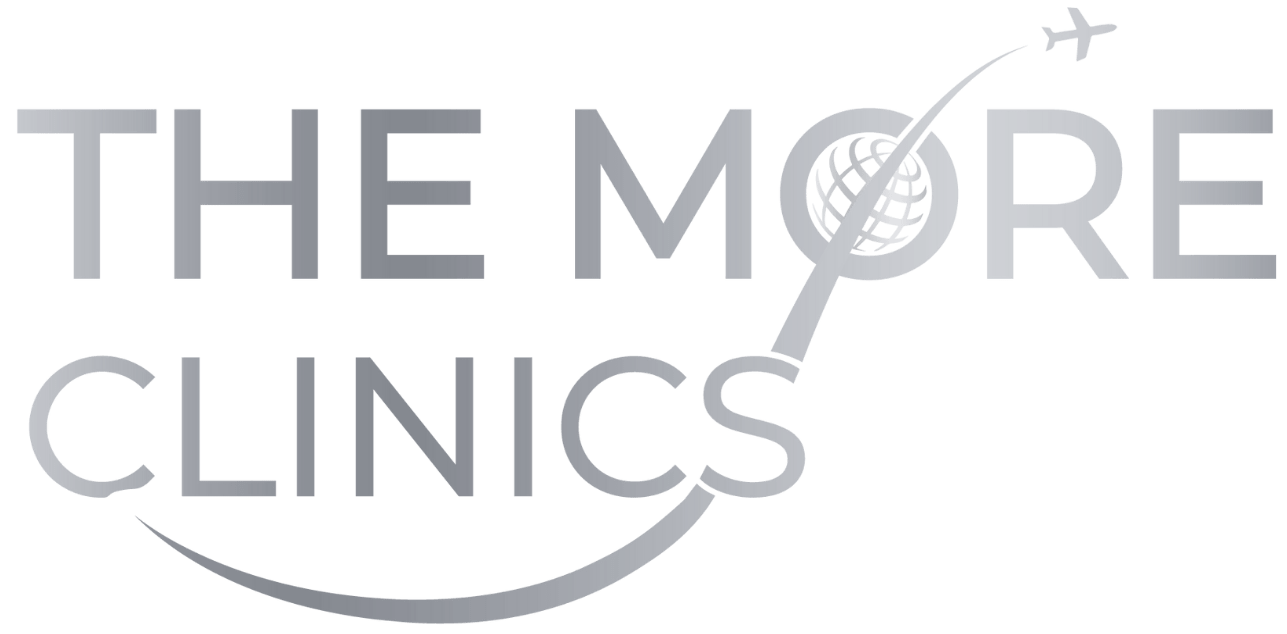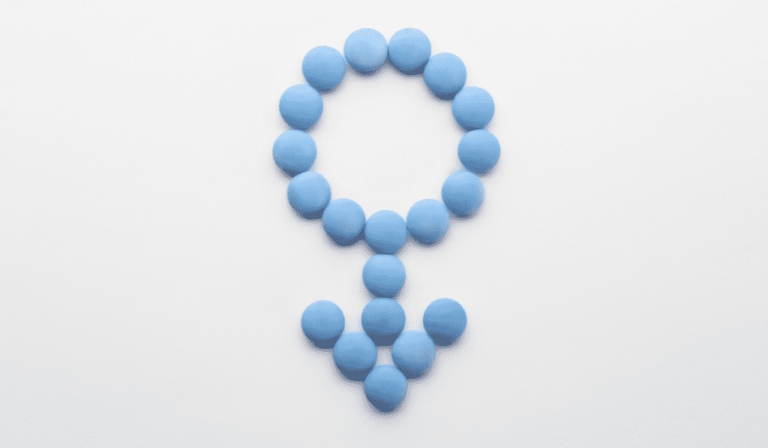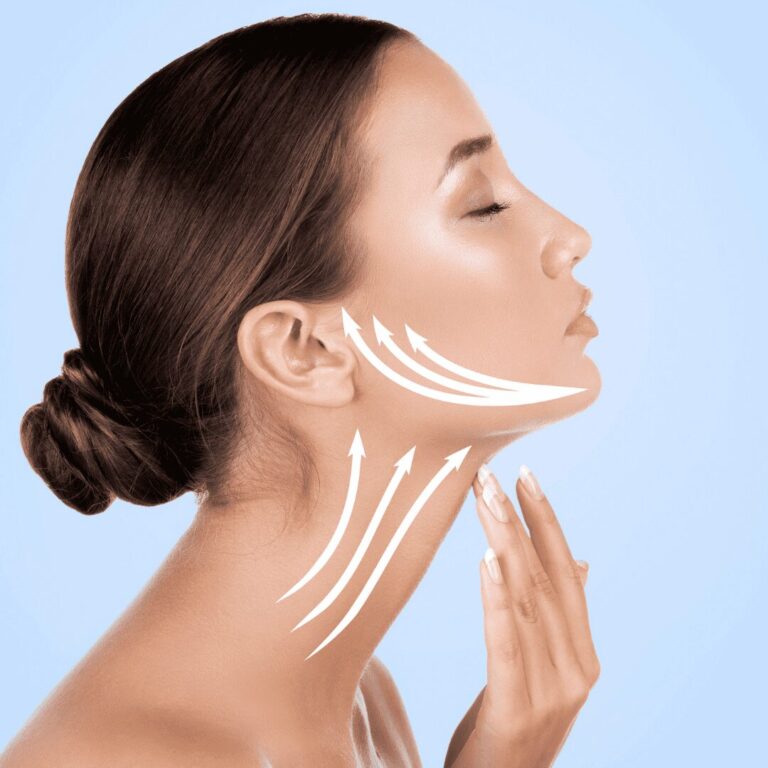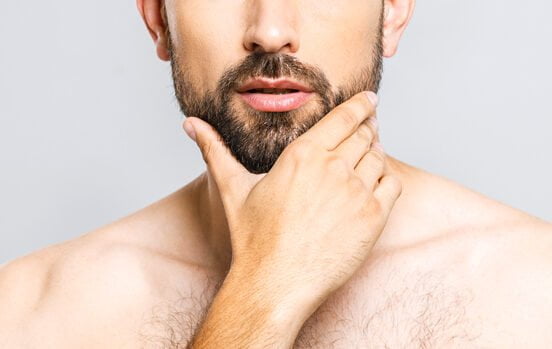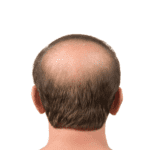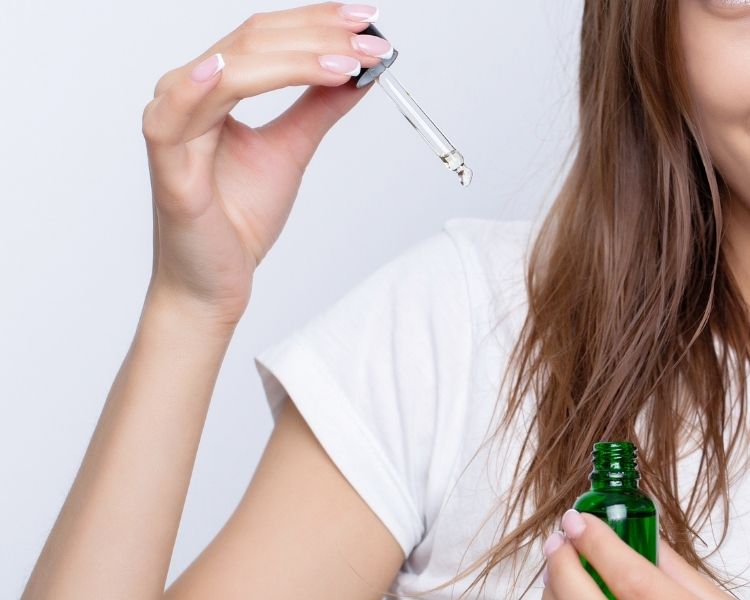Postpartum Hair Loss
Experiencing hair thinning a few weeks after giving birth can be an unexpected and disheartening occurrence. You may notice loose hairs on your pillow and clothing, or find that your shower drain is getting clogged with hair. Postpartum hair loss happens when hormon levels change during and especially after pregnancy leading to an increase in shedding, breakage, dryness, thinning locks or even bald patches in rare cases.
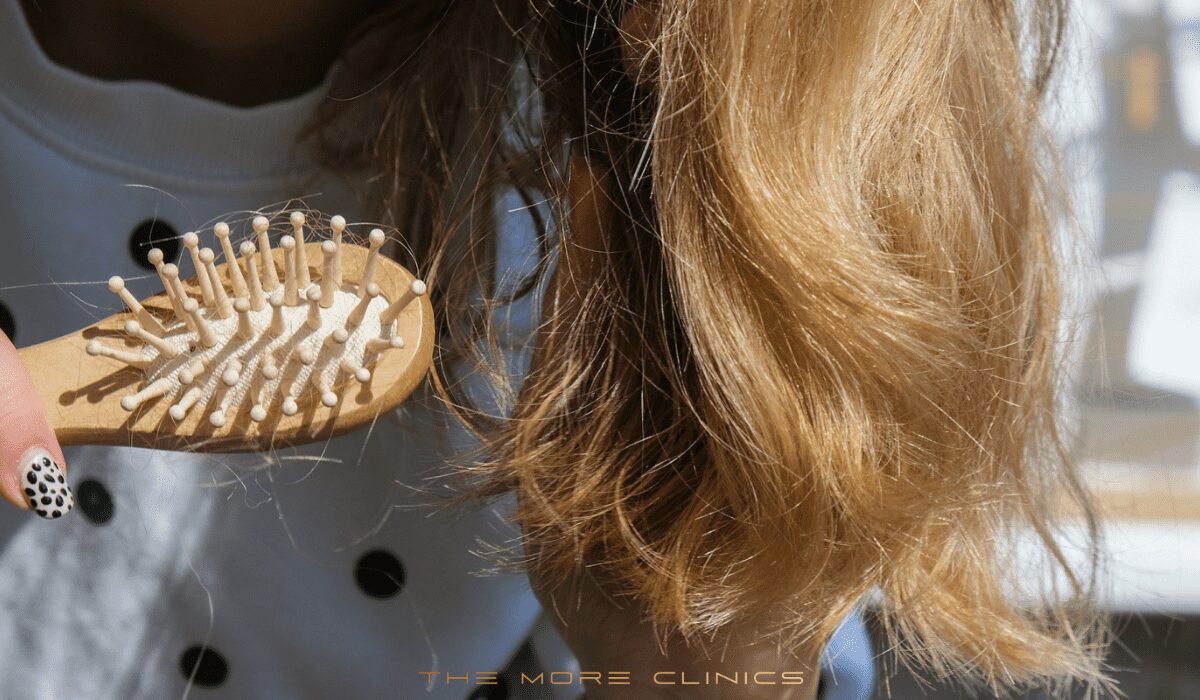
Causes of Post Partum Hair Loss
Hair loss after giving birth is caused by the sudden change in hormones. During pregnancy, hair stays in the growth phase for a longer period instead of transitioning to a resting stage. As a result, the hair doesn’t reach the end of its growth cycle as quickly, leading to a reduced daily hair loss. The outcome is thicker, fuller hair.
Is postpartum hair loss permanent?
The hair loss experienced after giving birth is not indicative of permanent hair loss. With time, your hair should return to its normal growth patterns. By the time your baby reaches one year of age, you can expect your hair to regain its fullness at the roots. However, the new hair growth may be shorter than the rest of your hair.
How to Manage Hair Loss Postpartum
The More Clinics experts have some helpful tips to manage this common problem. With their advice, you can ensure that your postpartum hair loss is under control, and you can focus on enjoying your precious time with your little baby.
There is a fast, effective and successful solution for hair loss which you may want to learn more about: Hair Transplant for Woman.
Managing Appearance During Hair Loss Postpartum
Choosing the right products and styles can make all the difference in helping you feel more confident and comfortable. Some effective options include volumizing shampoos and conditioners, nourishing hair masks, and gentle styling techniques that minimize damage to delicate strands.
Nourishing Your Body, Nourishing Your Hair
The saying “you are what you eat” holds true not only for our overall health, but for the health of our hair as well. A balanced, nutrient-rich diet is crucial for maintaining healthy hair. Vitamins and minerals such as biotin, iron, and protein are essential for promoting hair growth, strength, and thickness.
A diet rich in fruits, vegetables, lean proteins, and whole grains can help provide these nutrients for optimal hair health. On the other hand, a diet consisting of processed foods and unhealthy fats can lead to weaker, more brittle hair. So, nourish both your body and your hair by making conscious choices about what you consume. Your hair will thank you for it!

Hairstyling Tips to Manage Postpartum Hair Loss
One option is to switch up your haircut and opt for shorter layers, which can create the illusion of more volume. Another useful tip is to add some texture to your hair through styling products or tools such as a curling iron or texturizing spray.
Related Post: Tips to Prevent Hair Loss
Related Post: Home Remedy for Hair Loss
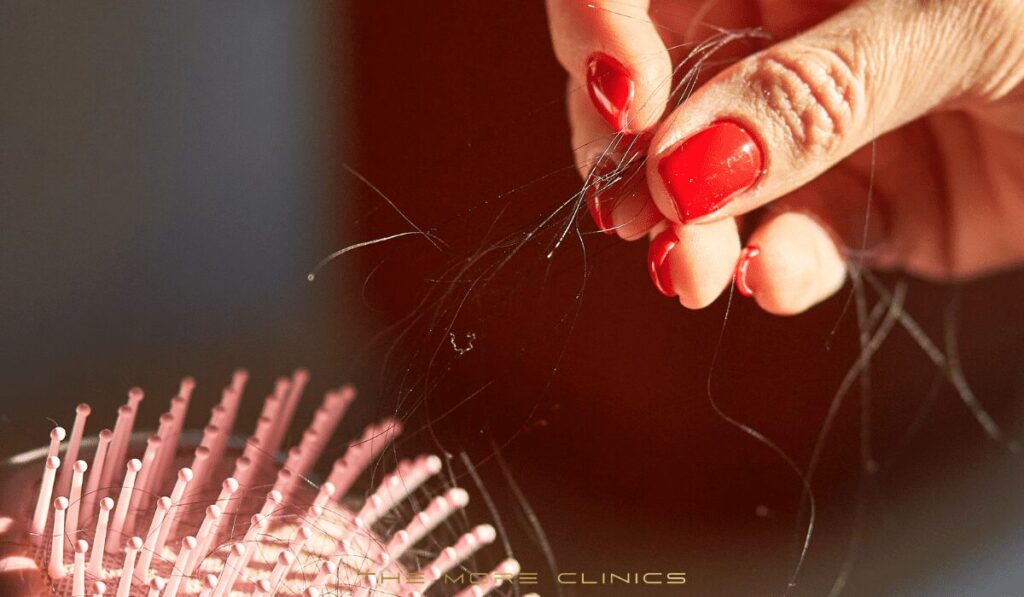
When to Consult a Hair Specialist
If you’re experiencing hair loss after childbirth (postpartum hair loss) and you have concerns or the hair loss is causing distress, it is recommended to seek professional help. Here are some situations when it’s advisable to consult with a healthcare professional for hair loss postpartum:
- Excessive Hair Shedding: If you notice an excessive amount of hair loss, such as clumps of hair coming out during brushing or showering, it’s a good idea to consult a healthcare professional. You can also have a look at our post about Hair Transplant Treatments.
- Prolonged Duration: While postpartum hair loss is common, if the hair loss continues for an extended period (beyond six months postpartum) or worsens over time, it’s recommended to seek medical advice.
- Patchy Hair Loss: If you’re experiencing patchy or uneven hair loss, with distinct areas of hair thinning or bald spots, it’s essential to consult with a healthcare professional to rule out other underlying causes.
- Emotional Distress: If the hair loss is causing significant emotional distress, affecting your self-esteem, or contributing to feelings of anxiety or depression, it’s important to reach out to a healthcare professional for support and guidance.
- Other Associated Symptoms: If you’re experiencing additional symptoms alongside hair loss, such as fatigue, weight changes, changes in the menstrual cycle, or other physical concerns, it’s advisable to seek medical evaluation to rule out any underlying health issues.
Last Words from The More Clinics Turkey
With the help of our experienced medical team, you can find the right solution for your unique situation, giving you back your confidence and self-esteem. The More Clinics Turkey is offering a variety of hair loss treatments, such as PRP Therapy (platelet-rich plasma therapy), Laser Hair Therapy, Stem Cell Treatments and Hair Transplant for post partum hair loss. Contact us today to learn more and get your Free Consultation.
GET A FREE CONSULTATION!
Let’s Start Planning Your Treatment %100 Guarantee Results.
Medically Reviewed by Dr. Seda Erdoğan who specialized on Hair Transplants, Dermatology
